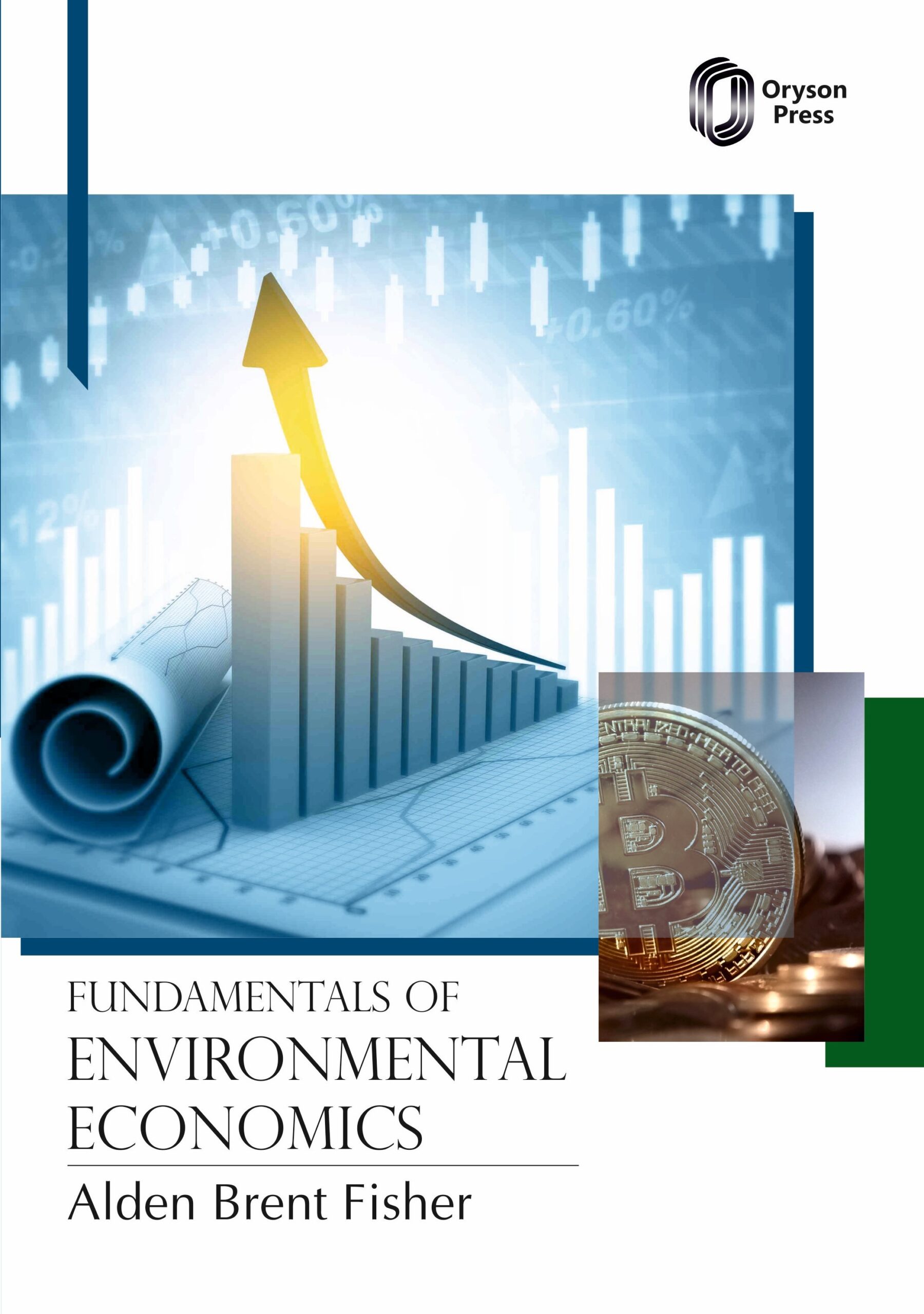Fundamentals Of Environmental Economics
no information available
Sustainable development is a pattern of resource use that aims to meet human needs while preserving the environment so that these needs can be met not only in the present but also for future generations. The term was first used by the Brundtland Commission which coined what has become the most often-quoted definition of sustainable development as development that “meets the needs of the present without compromising the ability of future generations to meet their own needs.” Sustainable development ties together concern for the carrying capacity of natural systems with the social challenges facing humanity. As early as the 1970s “sustainability” was employed to describe an economy “in equilibrium with basic ecological support systems.”
The field of sustainable development can be conceptually broken into three constituent parts: environmental economic and socio-political sustainability. It offers a vision of progress that integrates immediate and longer-term objectives local and global action while clubbing social economic and environmental issues as inseparable and interdependent components of human progress. However changes at a policy level alone will not create the desired impact. A profound change in thinking economic and social structures and consumption and production patterns is required.
It is hoped that the book will serve the purpose of students and scholars on the subject and can be useful to them in allied fields.
... Read more Read less










